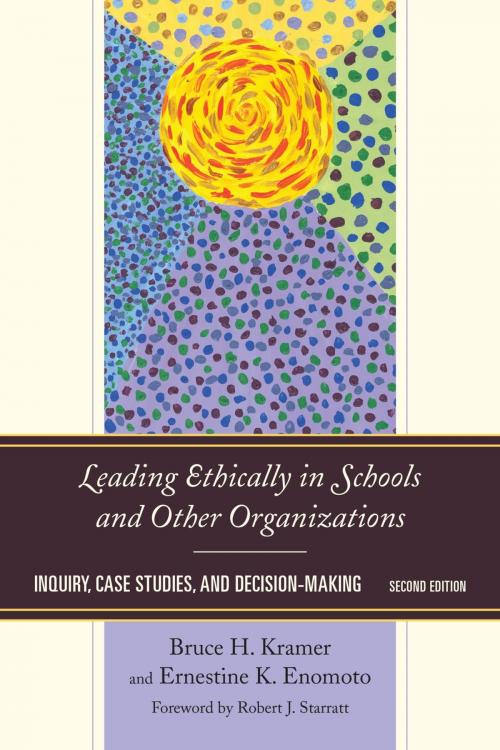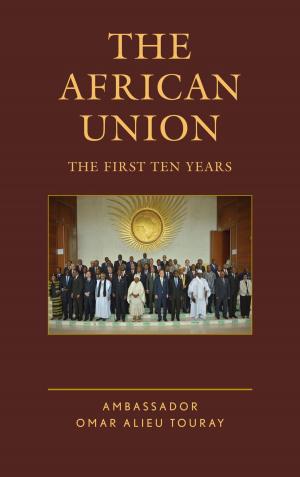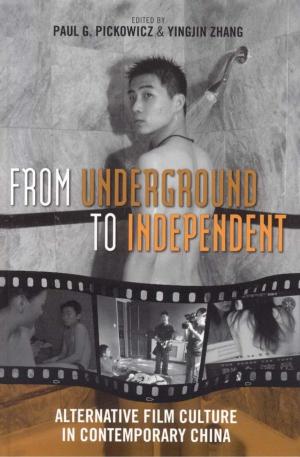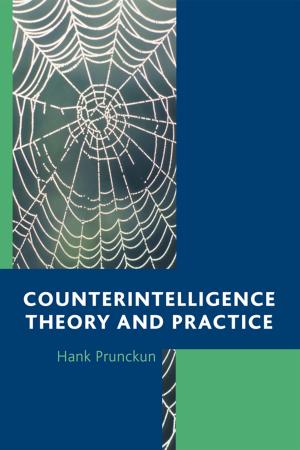Leading Ethically in Schools and Other Organizations
Inquiry, Case Studies, and Decision-Making
Nonfiction, Reference & Language, Education & Teaching, Educational Theory, Leadership, Educational Reform| Author: | Bruce H. Kramer, Ernestine K. Enomoto | ISBN: | 9781475806397 |
| Publisher: | Rowman & Littlefield Publishers | Publication: | July 9, 2014 |
| Imprint: | Rowman & Littlefield Publishers | Language: | English |
| Author: | Bruce H. Kramer, Ernestine K. Enomoto |
| ISBN: | 9781475806397 |
| Publisher: | Rowman & Littlefield Publishers |
| Publication: | July 9, 2014 |
| Imprint: | Rowman & Littlefield Publishers |
| Language: | English |
Leaders in schools, universities, and other organizations are constantly bombarded with ethical dilemmas. They are challenged with diverse student needs; contradictory approaches presented by faculty and staff; rules and regulations that conflict with desired outcomes, and more. To deal with these challenges, this book advocates an inquiry method to respond to those diverse interests, needs, and values in conflict in educational and other organizational settings. The method the authors present seeks to harness democratic practices for engaging in ethical deliberation and conflict resolution.
This book provides the foundation for understanding ethical language as well as probing the tensions in problem solving and ethical decision-making. It provides stories and examples that enable readers to understand terms like deontology, utilitarianism, religious attitudes, eco-feminism, and social justice leadership. Readers are encouraged to test that understanding by using an inquiry method for examining cases set in schools, universities, and other settings to encourage creative thinking and ethical leadership.
Leaders in schools, universities, and other organizations are constantly bombarded with ethical dilemmas. They are challenged with diverse student needs; contradictory approaches presented by faculty and staff; rules and regulations that conflict with desired outcomes, and more. To deal with these challenges, this book advocates an inquiry method to respond to those diverse interests, needs, and values in conflict in educational and other organizational settings. The method the authors present seeks to harness democratic practices for engaging in ethical deliberation and conflict resolution.
This book provides the foundation for understanding ethical language as well as probing the tensions in problem solving and ethical decision-making. It provides stories and examples that enable readers to understand terms like deontology, utilitarianism, religious attitudes, eco-feminism, and social justice leadership. Readers are encouraged to test that understanding by using an inquiry method for examining cases set in schools, universities, and other settings to encourage creative thinking and ethical leadership.















